Ovarian cysts are a common health issue that many women experience at some point in their lives. They are fluid-filled sacs that develop on or inside a woman’s ovaries. While most ovarian cysts are harmless and go away on their own, some can cause discomfort and may need treatment. Understanding what ovarian cysts are, how they form, and what symptoms to look out for can help you take better care of your reproductive health. In this blog, we will explain what ovarian cysts are, their causes, symptoms, and available ovarian cyst treatment options in a simple and easy-to-understand way.
What Are Ovarian Cysts?
Ovaries are a part of the female reproductive system. They are located on each side of the uterus and are responsible for producing eggs and hormones like estrogen and progesterone. Sometimes, a fluid-filled sac called a cyst forms on or inside an ovary. These sacs can vary in size and type.
The most common types of ovarian cysts are:
- Functional Cysts: These form during the normal menstrual cycle. They usually go away on their own after a few weeks and are not harmful.
- Dermoid Cysts: These cysts contain tissues like hair, skin, or teeth. They are not cancerous but may grow large and need removal.
- Endometriomas: These cysts develop if a woman has endometriosis, a condition where the lining of the uterus grows outside the uterus.
- Cystadenomas: These are filled with watery fluid and can grow large, causing pain or discomfort.
While most cysts are benign (non-cancerous), it’s important to monitor them, as some can become complicated or turn into gynecological conditions that require treatment.
Causes of Ovarian Cysts
Ovarian cysts can form for various reasons. Some of the common causes include:
- Hormonal Issues: Hormonal imbalances can lead to the formation of functional cysts.
- Pregnancy: Cysts can develop early in pregnancy to support the pregnancy until the placenta forms.
- Endometriosis: Endometriosis can cause cysts known as endometriomas.
- Severe Pelvic Infections: Infections can spread to the ovaries and cause cysts.
- Polycystic Ovary Syndrome (PCOS): Women with PCOS often have multiple small cysts on their ovaries.
Understanding what causes these cysts can help you prevent them or seek help early if you experience any symptoms.
Symptoms of Ovarian Cysts
Not all ovarian cysts cause symptoms. In fact, many women have cysts without even knowing it. These cysts are often found during routine pelvic exams. However, when symptoms do appear, they can include:
- Pelvic Pain: Pain in the lower abdomen, which can be sharp or dull. It may come and go.
- Bloating or Swelling: Feeling of fullness or heaviness in the abdomen.
- Pain During Intercourse: Pain during or after sex, especially if the cyst is large.
- Menstrual Changes: Changes in your menstrual cycle, such as irregular periods or heavier bleeding.
- Frequent Urination: If the cyst is pressing against your bladder, you may feel the need to urinate often.
- Difficulty Emptying the Bladder: A large cyst may cause problems with completely emptying the bladder.
If you experience any of these symptoms, it is important to see a gynecologist in Raipur or your local area for evaluation.
Complications of Ovarian Cysts
Although maximum ovarian cysts are innocent, some can cause complications, which include:
- Ovarian Torsion: A massive cyst can reason the ovary to curl, reducing off its blood deliver. This can motive intense ache and can require emergency surgical procedure.
- Rupture: If a cyst bursts, it is able to cause unexpected, sharp ache and internal bleeding. This circumstance needs instantaneous scientific interest.
- Cancer: In rare instances, some sorts of ovarian cysts can turn out to be cancerous. This is much more likely in older girls.
Because of those capacity complications, normal test-U.S. With a gynecologist in Raipur are vital to display your condition and manage your reproductive fitness.
Diagnosis of Ovarian Cysts
If you have symptoms of an ovarian cyst, your doctor may perform several tests to diagnose it. These tests include:
- Pelvic Exam: Your doctor will check for swelling or masses in the pelvic area.
- Ultrasound: This imaging test uses sound waves to create pictures of your ovaries and help identify the type and size of the cyst.
- Blood Tests: Blood tests like CA-125 can help determine if the cyst might be cancerous, especially in older women.
- Hormone Tests: Your doctor may check your hormone levels to see if a hormonal imbalance is causing the cysts.
Once the cyst is diagnosed, your doctor will decide if treatment is needed based on its type, size, and your symptoms.
Treatment Options for Ovarian Cysts
The treatment for ovarian cysts depends on several factors, including your age, the type of cyst, its size, and your symptoms. Here are some common ovarian cyst treatment options:
- Watchful Waiting: If the cyst is small and not causing any symptoms, your doctor may suggest waiting and watching it for a few weeks to see if it goes away on its own. Regular follow-up exams and ultrasounds are done to monitor the cyst.
- Medications: If you have recurrent cysts due to hormonal issues, your doctor may prescribe hormonal contraceptives like birth control pills to prevent new cysts from forming. These medications do not shrink existing cysts but help regulate your menstrual cycle.
- Surgery: If the cyst is large, causing symptoms, or looks suspicious, your doctor may recommend surgery. There are two main types of surgeries for ovarian cysts:
- Laparoscopy: This is a minimally invasive surgery where small incisions are made in the abdomen. The cyst is removed using a small camera and surgical tools.
- Laparotomy: If the cyst is large or cancerous, a larger incision may be made to remove it.
Preventing Ovarian Cysts
While it’s not always possible to prevent ovarian cysts, there are some steps you can take to reduce your risk:
- Regular Check-Ups: Regular visits to a gynecologist in Raipur can help detect any cysts early and monitor your overall reproductive health.
- Maintain a Healthy Lifestyle: Eating a balanced diet and exercising regularly can help keep your hormones balanced.
- Avoid Unnecessary Hormonal Treatments: Use hormonal medications only when prescribed by your doctor.
Pahlajanis’: Expert Care for Ovarian Health
At Pahlajanis’ Women’s Hospital and IVF Center, we prioritize women’s reproductive health by providing expert diagnosis and treatment for gynecological conditions, including ovarian cysts. Our experienced gynecologists in Raipur are dedicated to offering personalized care, ensuring that women receive the best possible treatment options, from regular check-ups to advanced surgical procedures. Whether you need guidance on ovarian cyst treatment or ongoing support for maintaining your reproductive well-being, Pahlajanis’ Women’s Hospital is here to help you every step of the way.

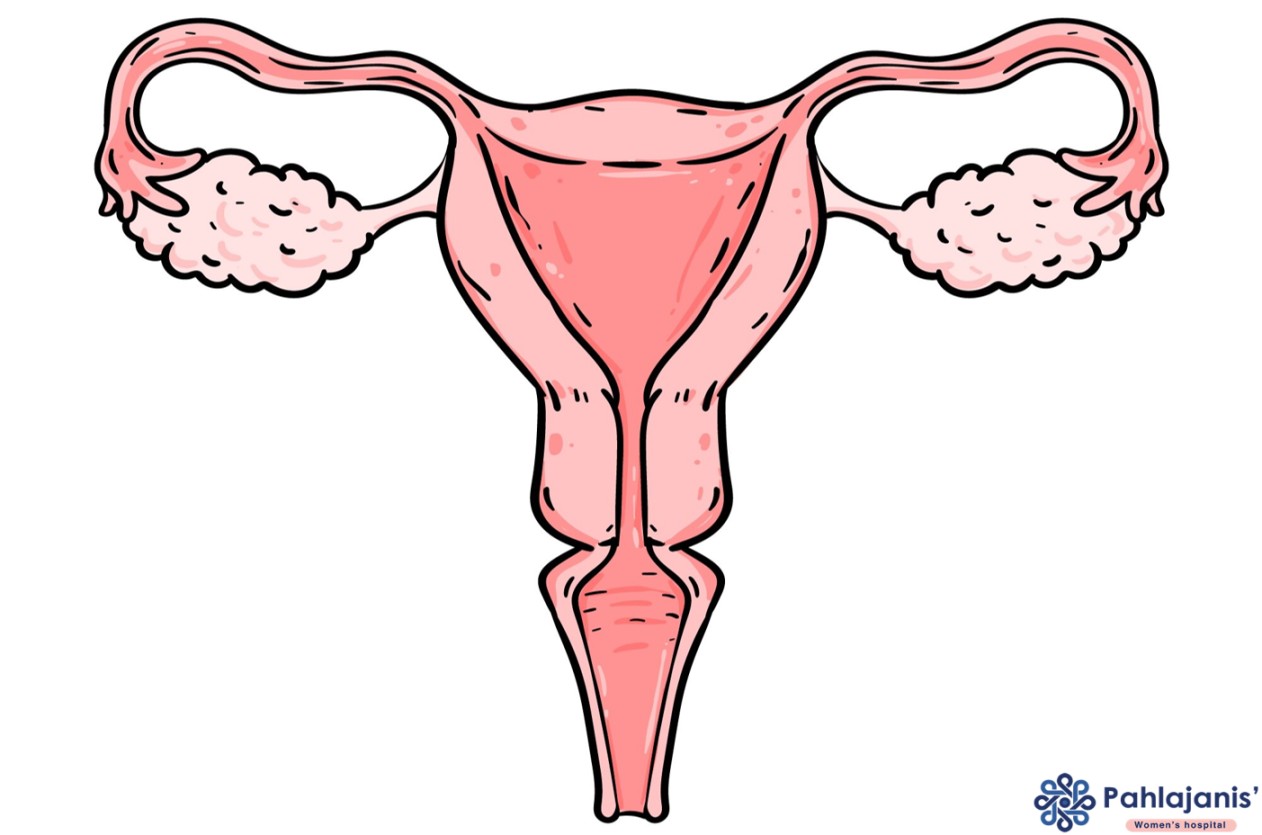
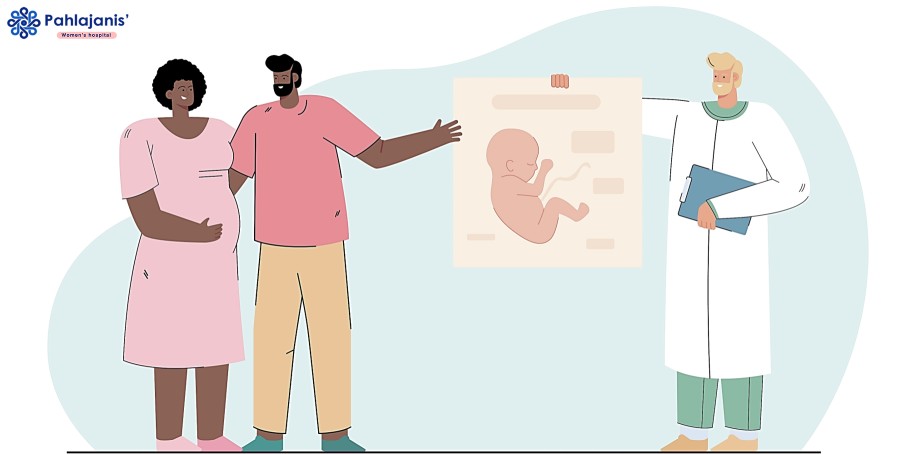
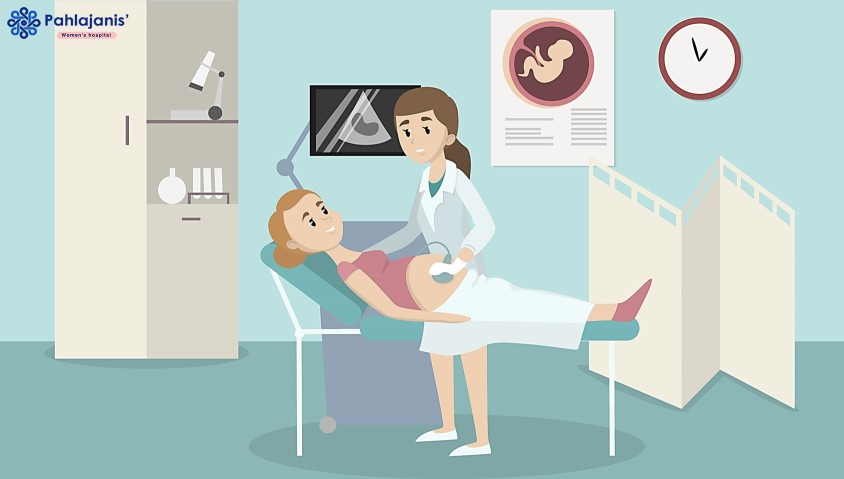
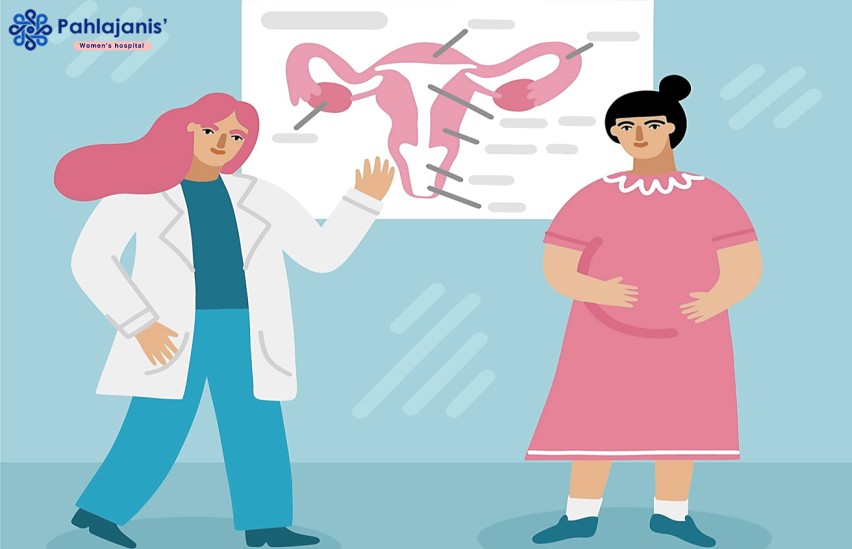
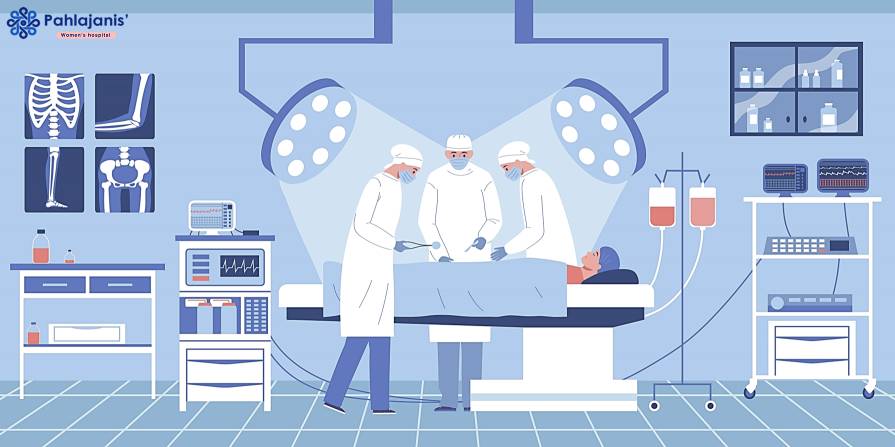
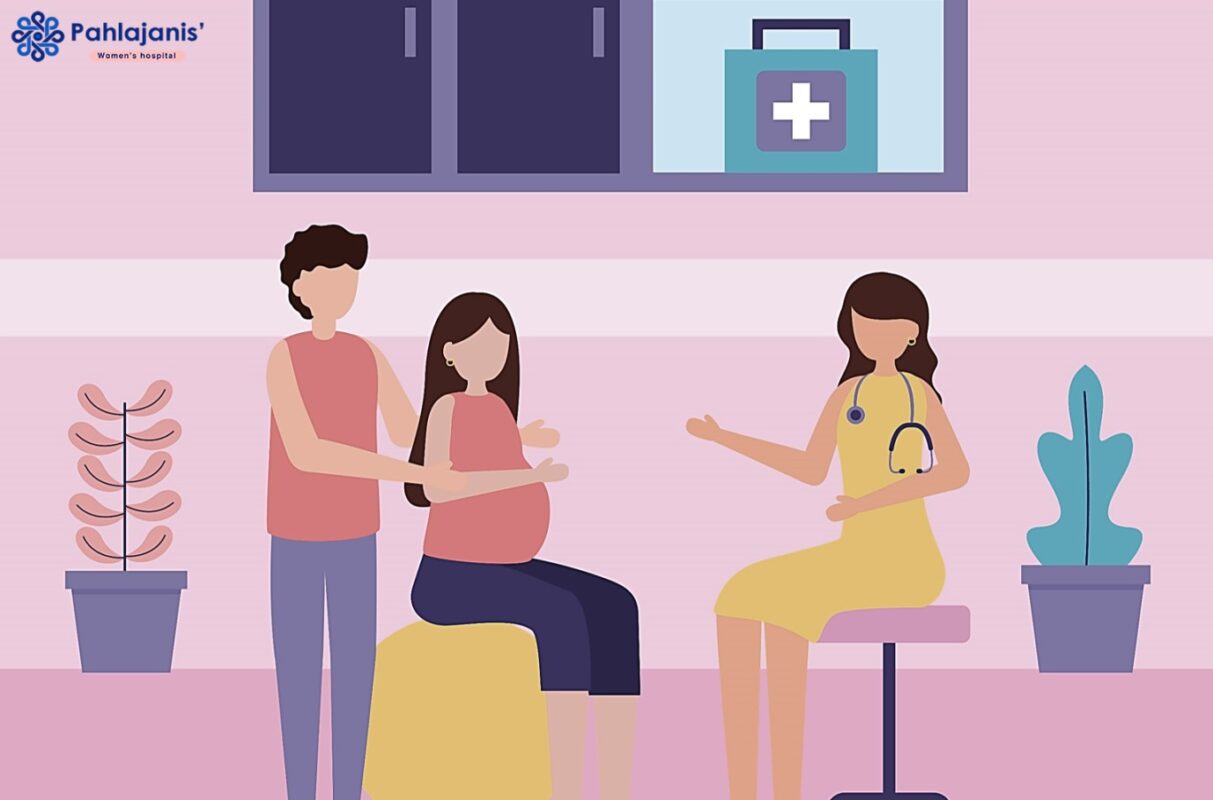
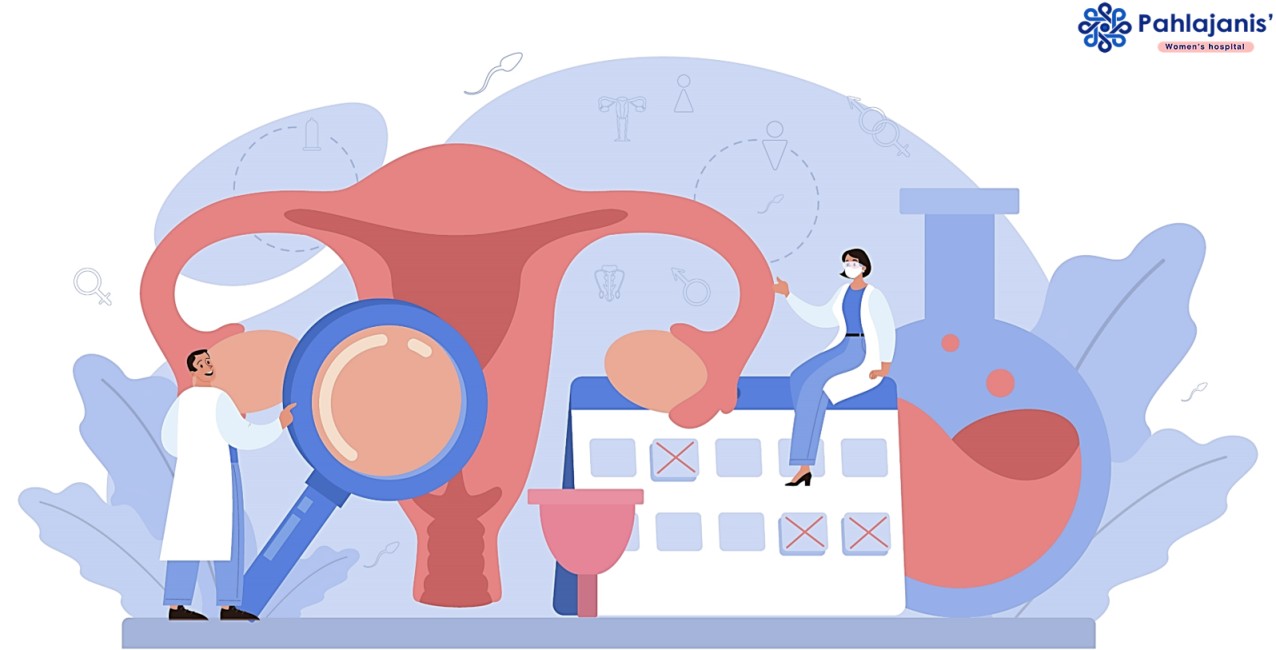
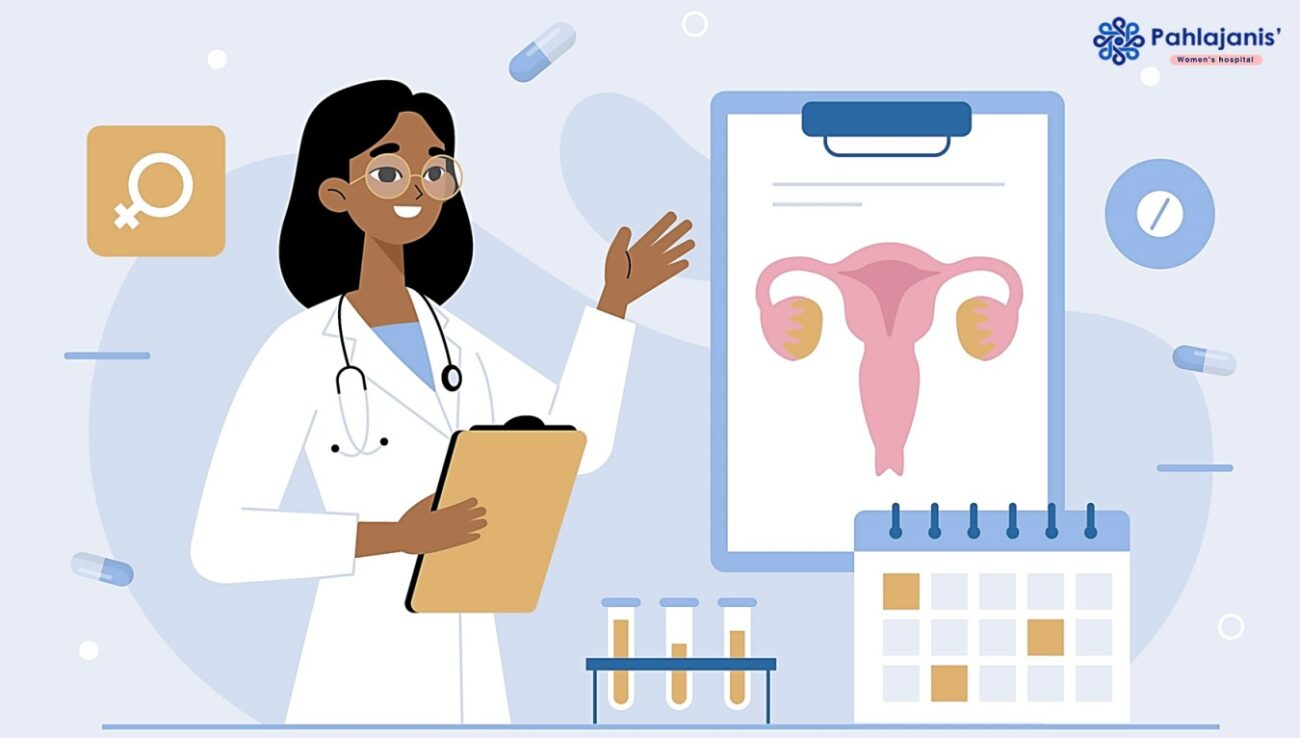

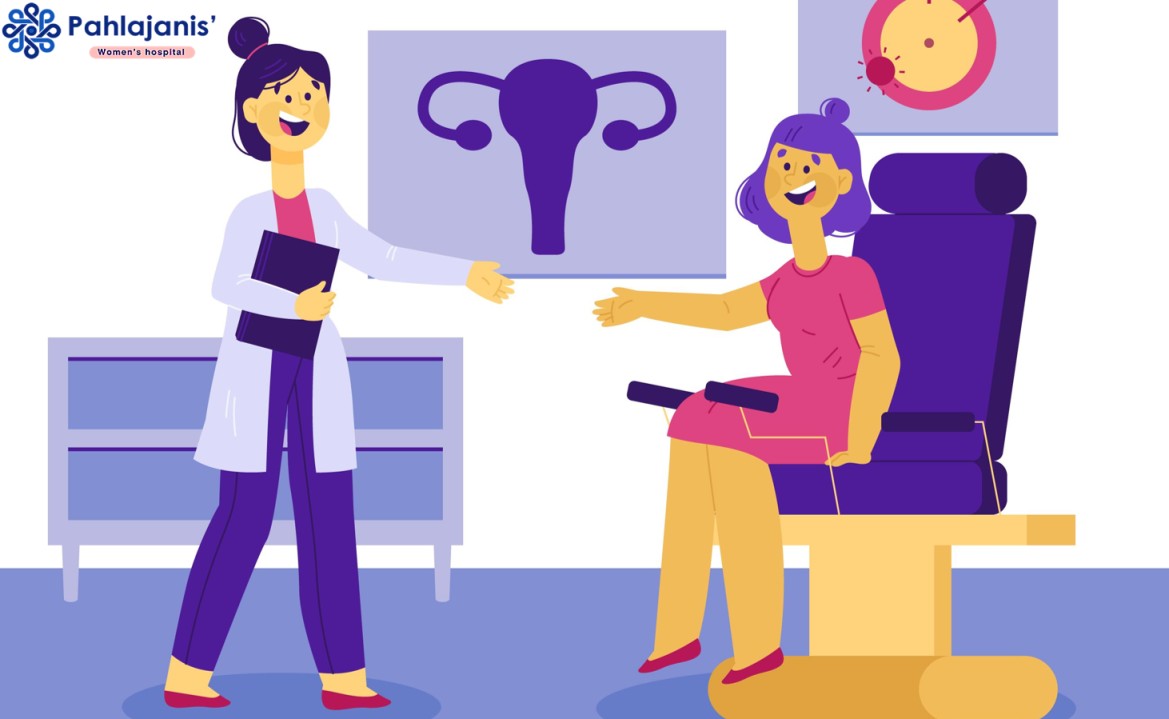
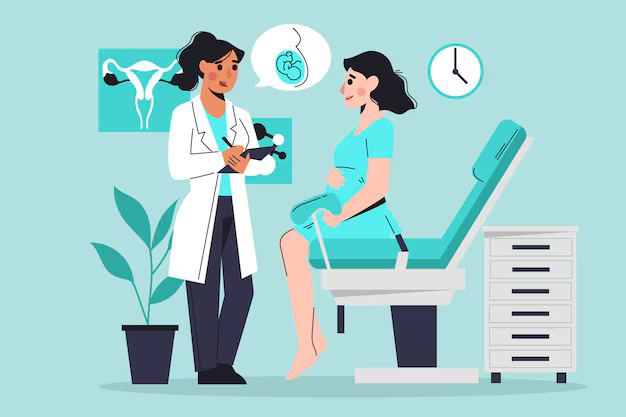
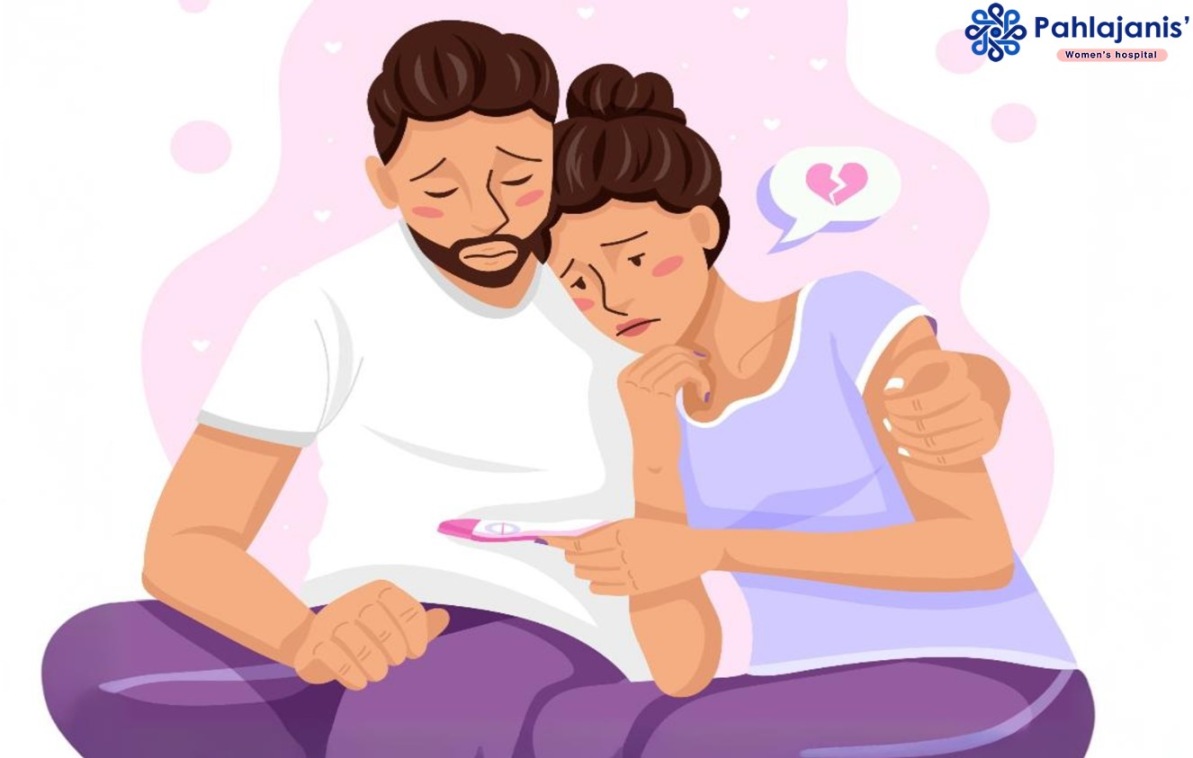
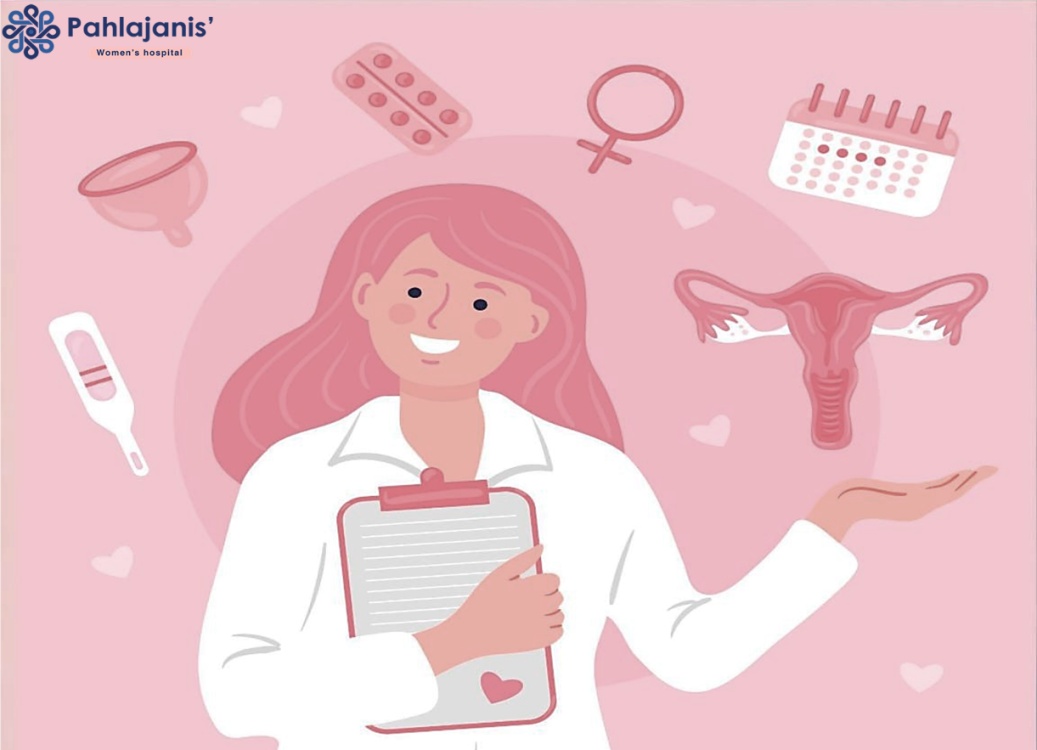

Thanks for shedding light on laparoscopic surgery. It’s reassuring to know it’s minimally invasive and has quicker recovery.advanced procedures and equipment with high quality infertility treatment.
Clear and detailed explanation! Many women fear surgery, but this shows how endoscopy reduces risks and recovery time.